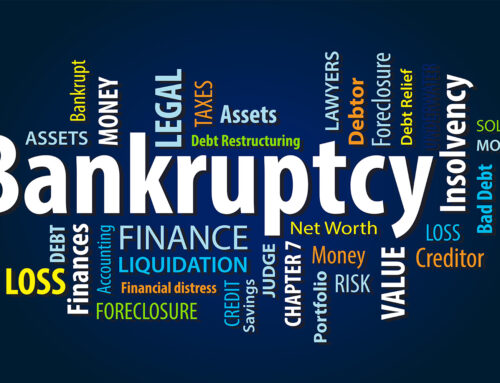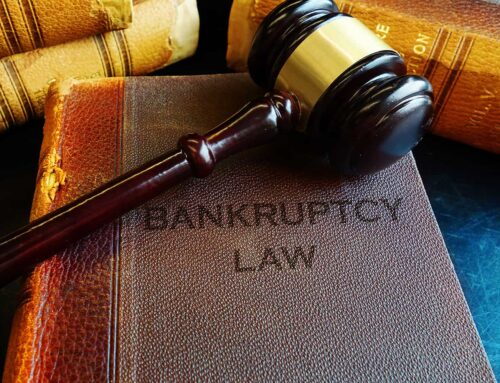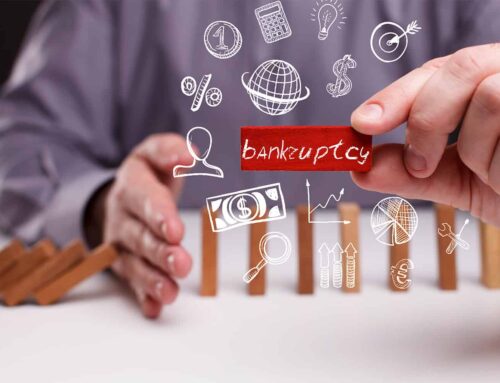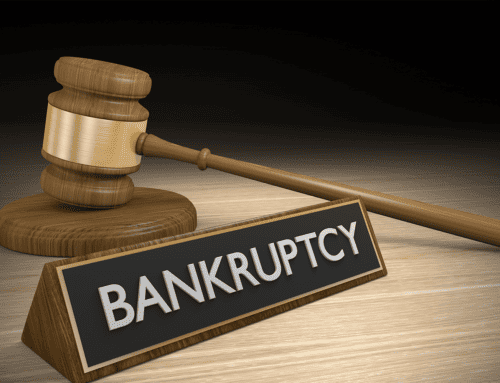While bankruptcy laws are governed by federal statutes, they are implemented on a state level. Each state may have its own regulations concerning bankruptcy procedures, which is why it is important to work with a bankruptcy lawyer who understands California’s state requirements.
The following will give you a better understanding of how bankruptcy works in the Golden State.
The Types of Bankruptcy
When people are in debt over their heads, they may consider bankruptcy as a financial reset—a way to get a break from their creditors, reorganize their finances, and start again to build credit.
Filing for bankruptcy can give people breathing room, but it doesn’t wipe the slate clean. Instead, you may get some debt relief while consolidating other expenses to prioritize your repayments.
Here’s a rundown of the four main types of bankruptcy and their basic differences:
- Chapter 7: Also referred to as “straight bankruptcy,” this type may require you to give up some of your property to remove some of your debt. This might not be the right option for property owners wishing to retain their homes or other assets.
- Chapter 11: This type of bankruptcy is favored by businesses who want to remain in operation while restructuring their debt. Individuals with very large debt may also file for Chapter 11.
- Chapter 12: Family farmers may be protected from losing their property when they file for this kind of bankruptcy. They may reorganize to a payment plan that is approved by the court, allowing them to continue to operate their farms while repaying what they owe.
- Chapter 13: This form is for individuals who have income and assets such as a home or car, and can make payments if their debt is consolidated, reduced, or restructured.
California-specific Rules
Bankruptcy law in California is unique, compared to other states. Here are a few regulations the were put into place in the Golden State.
- Exemptions: Your home and any equity you have in your home may be exempt, which means you may be able to file for bankruptcy while retaining your homestead
- Community property: Because California mandates that property is owned by both spouses in a marriage, when filing jointly for Chapter 7 (for example), the state will consider all property to be part of the estate and therefore subject to bankruptcy proceedings.
- Foreclosure: As a non-recourse state, California law provides that lenders may collect either the home or the collateral as repayment, but not both.
The above information provides a basic understanding of how bankruptcy works, but if you are still confused, you should consult with a California bankruptcy lawyer who is experienced in your situation. You can schedule a consultation online with the law offices of Brent D. George to learn more about your options or call them now at (805)494-8400.






